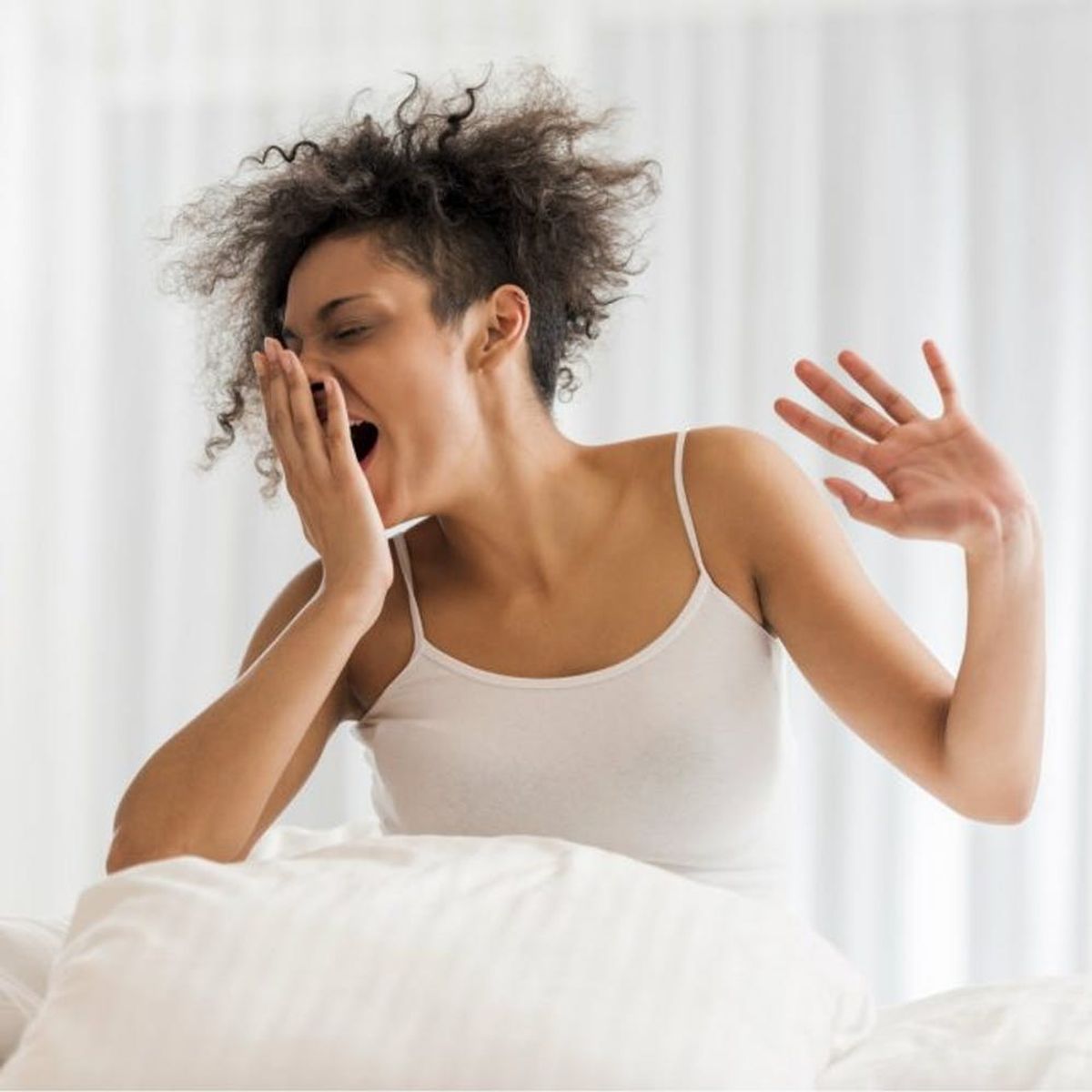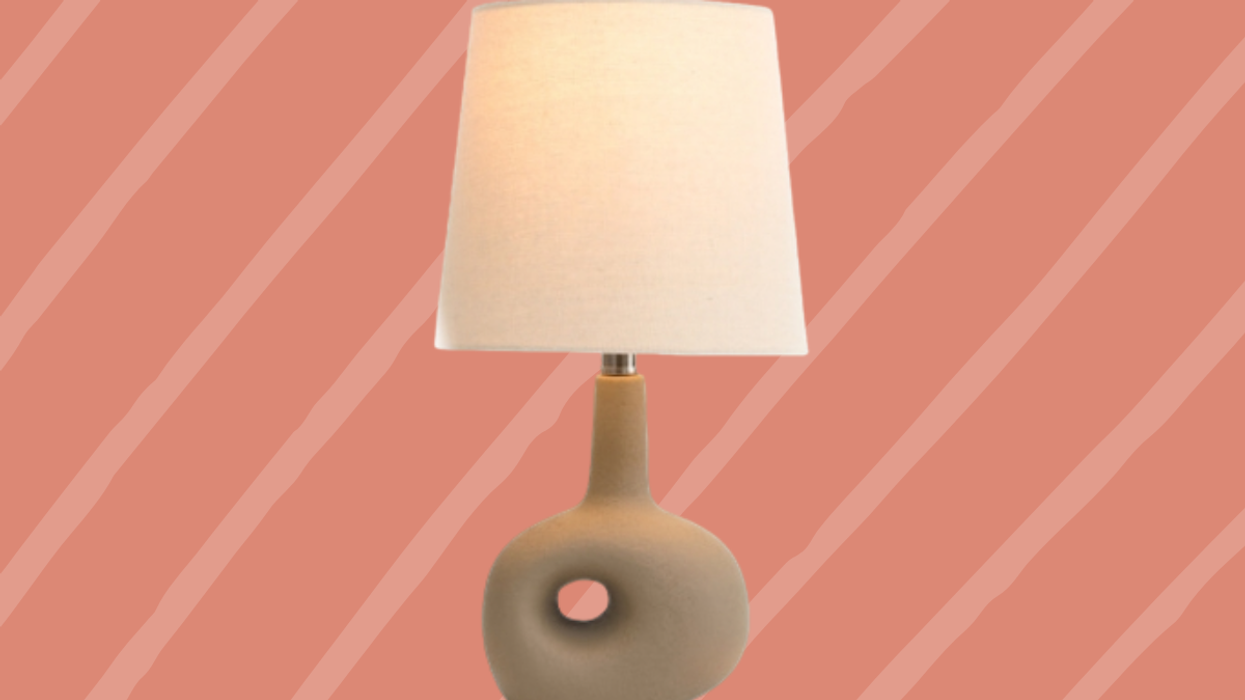Another reason to stop hitting the snooze button.
Tired? You Might Be Spending Too Much Time in Bed

There’s basically nothing we love more than sleeping in on the weekends. But if the reason you’re looking forward to cashing in on those extra zzz’s is because you’ve been tossing and turning all week and not getting anywhere close to a full eight hours of sleep a night, spending extra time in bed might be doing more harm than good. A new study from Penn Medicine shows that spending less time in bed — and even getting up when insomnia hits and you can’t sleep — might be the key to ending your sleep problems long-term.
Do You *Actually* Have a Sleeping Problem?
First, let’s figure out whether or not your sleep issues are legit. You don’t need to be pacing your living room at night or ranting and raving at your cat ’til sunrise to be classified as an insomniac. Acute insomnia is defined as difficulty falling asleep or staying asleep three or more nights per week, for between two weeks and three months. And 20 to 50 percent of Americans suffer from it. Sound familiar, Ms. Just-Inject-the-Coffee-Directly-into-My-Veins?
Health Effects of Sleep Loss
And you may think okay, so what? I can’t sleep — that’s just more time to do all those cool things I’m supposed to be doing in my twenties (YOLO). You might think you’re getting by just fine on little or no sleep, but the potential effects of chronic insomnia and/or sleep loss are pretty scary: impaired physical and mental performance, increased risk for depression and substance abuse and increased risk for hypertension, diabetes, heart disease and stroke. Not to mention the blows to your energy levels — you can only hack a good night’s sleep for so many days in a row before it starts to show at the office (don’t deny that super drowsy post-lunch period).
The Findings
Sleep researchers from Penn presented their findings at SLEEP 2016, the 30th annual meeting of the Associated Professional Sleep Societies (which we like to imagine is a conference room full of mattresses and 1000 thread-count sheets). They spent over a year evaluating the sleep patterns of 416 people, from the good to the bad to the ugly (i.e. long-term chronic insomnia). Researchers found key evidence for the first time that supports the theory that attempting to increase your chances at falling asleep by staying in bed when you’re already awake (or “sleep extension”) could actually push you from acute to chronic insomnia.
“Those with insomnia typically extend their sleep opportunity,” says Michael Perlis, PhD, an associate professor of psychiatry and director of the Penn Behavioral Sleep Medicine Program. “They go to bed early, get out of bed late and they nap. While this seems a reasonable thing to do, and may well be in the short-term, the problem in the longer term is it creates a mismatch between the individual’s current sleep ability and their current sleep opportunity. This fuels insomnia.”
So what do you do instead? If you find yourself waking up well before your alarm every morning, try just getting up and starting your day early. You might also want to consider upgrading your bedtime routine with some of our tips for getting better sleep this season.
How do you deal with sleepless nights? Tweet us your methods @BritandCo!
(Photo via Getty)



















